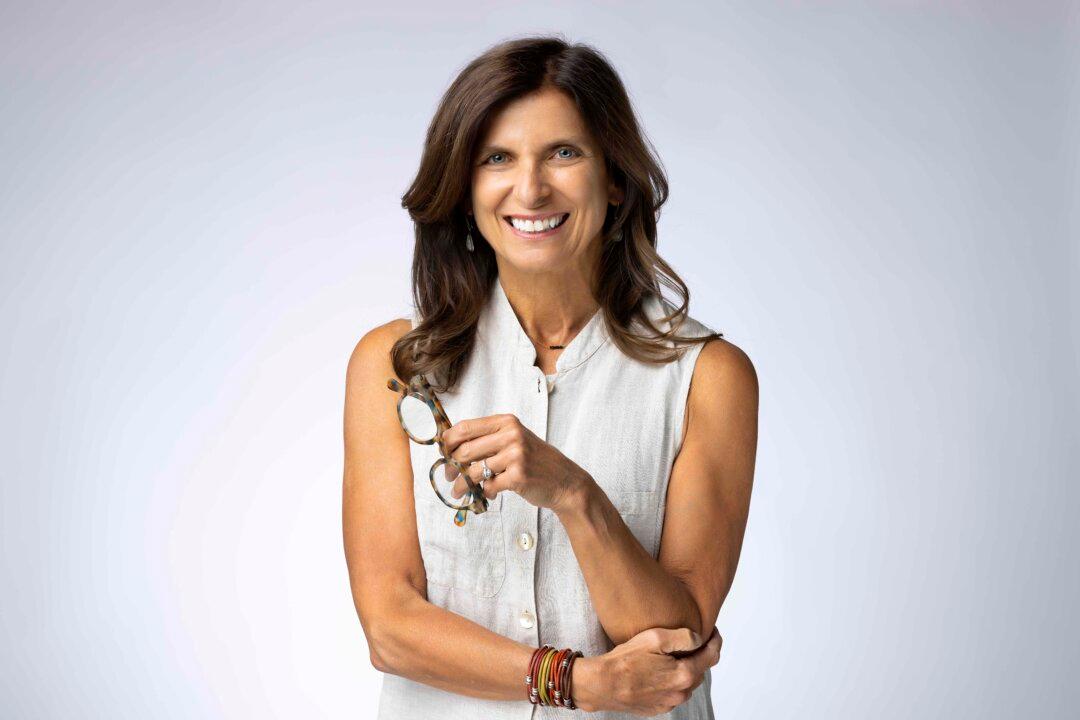Food, says doctor-turned-cooking instructor Annie Fenn, is “your most powerful tool to resist cognitive decline with age.” Throughout her 20 years as an obstetrician-gynecologist, Dr. Fenn began to notice cognitive decline in an increasing number of her patients, as well as her local community. When her mother was diagnosed with an early form of Alzheimer’s disease known as mild cognitive impairment (MCI) in 2015, she decided to focus on helping others improve their brain health.
Dr. Fenn founded the Brain Health Kitchen cooking school, teaching people how to prepare meals to reduce Alzheimer’s risk across the country and abroad, and she recently published a cookbook, “The Brain Health Kitchen.” “Once people begin to understand the connection between what they eat and how the brain ages, there’s a shift that happens,” she said. “People begin to look at everything they eat through a lens of brain health.”






